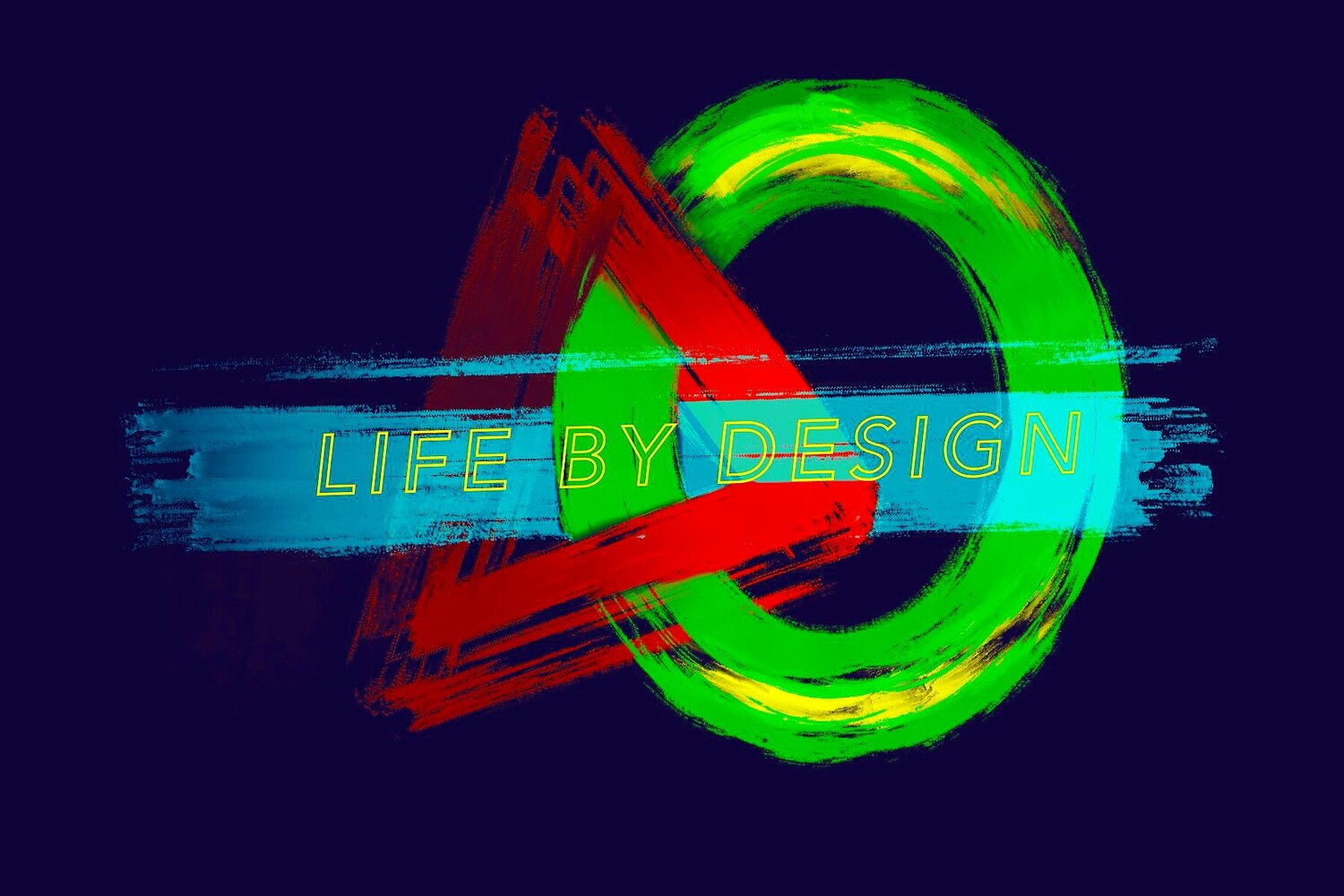A brand new therapist was doing his internship at a psychiatric hospital, so the story goes. One day he came upon a patient sitting on the floor in the hallway who did not respond to the therapist’s inquiries at all. Curious, the new therapist went to the unit supervisor to inquire about this patient. He was told that the man, call him Charlie, believed he was dead. Ever-so eager to put his newly-gained and clever therapeutic skills to work, our young therapist approached Charlie and introduced himself…no response. “Charlie,” he said, “I understand you believe to be dead.” Slowly, Charlie moved his head towards the therapist. With a sharp eye and a controlled voice he said: “I don’t believe I am dead, I AM dead.” The therapist was undaunted. “But you eat, and walk sometimes to go from one place to another, and get dressed, and so on. Those aren’t the things that dead people do, right?” the therapist cleverly asked. “Of course those are things that dead people do. If I I, a dead person can do such things, then so can all dead people” retorted Charlie. “Charlie, tell me, do dead people bleed?” asked our therapist. “Doc, I don’t know where you got your degree from but any idiot knows that dead people don’t bleed” Charlie chided him. The new therapist had prepared for this. While at the nurses desk, he had acquired a lancet (a narrow needle to draw blood for blood sugar tests.) He asked Charlie if he could see his finger. Charlie obliged. Quickly, he pricked Charlies finger and drew blood. Pointing the droplet still glistening on Charlies finger toward his face he said: “Well, how do you explain this then?” Charlie’s face drew to a surprise, eyes open wide, eyebrows arched up and corners of his mouth drawn downwards he said “Damn, Doc. I guess dead people DO bleed.”
Cognitive science has some ideas about why and how we form beliefs. But the mechanisms of its power are still a mystery. Beliefs form not only a cognitive structure and framework for thinking, they also provide the needed scaffolding for our emotions to hang on. So they affect how we think, what we actually perceive or filter out and how we feel about our perceptions. And, the power of beliefs go beyond ideas. Beliefs propel us to actions that are superhuman, they have the power to shrink tumors and for influencing the world around us in such extremes that no intangible and immaterial phenomenon should. The entire concept of the Placebo Effect— a well known phenomenon where actual diseases are cured with nothing but sugar pills that patients believed to be medicine. Yes, the percentages are small, but the fact that they do exist is evidence that beliefs, somehow, have powers beyond ordinary though. And, beliefs are the foundation of our societal relationships. We gather with people who have similar beliefs, become angry at those who challenge our beliefs and emotionally struggle when we discover something so contrary to our beliefs that, despite all of our efforts to the contrary, we are forced to abandon our beliefs.
Beliefs are not mere ideas. A belief is the energy that keeps a group of other ideas together in a coherent way. Usually there is a central idea (I like to call these Super-Ideas) that smaller ideas revolve around, like the sun to the planets, but all of these related ideas held together by the over arching belief are belief systems. Various belief systems are the various galaxies in the universe of our mind. When you ask someone to change their beliefs, you are not just trying to change their mind about an idea, you are asking them to restructure an entire psychic galaxy and the forces that hold that galaxy together are far greater than any single one idea.
To illustrate, take the belief in God. Our social structures, money, political system, legal system, even medical systems are principally connected to the notion of God. The belief in God has invaded our language and expressions, even the way we hope, and how we see our role in the universe. Asking someone to no longer believe in God, even convincingly, is asking them to be a stranger in the world. To put effort into not saying “god bless you” when you hear someone sneeze, to question “In God We Trust” every time you see a dollar bill, to become paralyzed when trying to figure out how to seek hope when your child is sick instead of saying “God, please make them feel better” and to be muted when thinking “Good God what the hell are you talking about” is all too much effort and leaves us vacant of the cognitive resources to go about our daily life.
And since the concept of God is so enormous and unwieldy, we created a framework around it to make it more accessible and user-friendly, helping us form beliefs more easily and comfortably. Religion is the equivalent of “The Idiots’ Guid to God” publication. We created religion to make the concepts more digestible for all humans. We concretized the concept of God and spirituality through religion so that we could make beliefs tangible and executable.
An example that is closer to earth, no pun intended—maybe a little—is the recent death of Mad Mike who was a flat-earther. He was was the personification of what happens when we are confronted with the evidence contrary to our beliefs and the desire to maintain them at any cost. Despite all the images by NASA and every other space agency around the world available for the past 50+ years Mad Mike was unconvinced that the earth is not flat and decided to build a rocket to go up and see this for himself. Presumably, he did not believe the evidence available from any source other than his own eyes. Flat-earthers, like many who hold strong beliefs, hold on to their belief by building elaborate rationalizations using obscure cues, bizarre “logic” and mental gymnastics. They believe what they want because it affords them both a sense of uniqueness, separateness or even superiority, while at the same time a sense of belonging to a very specific group. It’s an odd juxtaposition of being together with a group of others who are different from others. There is pride in oneself as being different and not submitting to, or being fooled like, the masses, and comfort in knowing you belong somewhere and ironically conform to a specific belief structure with believers.
Should we try to change beliefs at all? That question goes to the heart of any new belief framework that wants to replace another belief framework. A new religion, new health practice, anything new that requires a person to change their world view seeks to alter or dismantle beliefs. Their success depends on how strongly the existing beliefs are held and the number of aspects of life intertwined with that belief. In other words, how many pieces of one’s thinking and emotions as well as day-to-day behavior that belief guides determines its stubborn roots in one’s psyche.. Beliefs are never shattered or obliterated. They are gradually altered to the point of uselessness and then they go away to oblivion, leaving some residual vestiges of themselves behind.
Religious beliefs are particularly hard to alter. That is why Christianity has stuck around for 2000 years. That is because religion is an organizing force. It’s more than a belief system. It’s a belief system that has become political. The word politics comes from policy and from policing. Politics govern the interaction of human beings, they regulate human behavior and set the rules of society. Religion has had this power from the beginning of human communal societies. Paganism’s rituals, symbols and practices were elements that societies were/are built upon, and operate according to them. And politics, even the alleged secterian type we supposedly have in the Western world, is heavily influenced by religions of the society. Change the religion and you will change society fundamentally.
The time has come for our societies to change. The ways of our being over the past 2000 years is no longer valid or practical for the future. We need to fundamentally alter how we organize ourselves, how we govern and regulate our actions. It’s time for a new religious framework and that is focusing on Divinity in its pure and simplified form. Fellowship of All Divine.
Join me next time as I lay out what I mean by Fellowship of All Divine, what I think divinity is and how shifting the religious narrative away from deity to divinity is the inevitable way to address a more peaceful and prosperous future.

